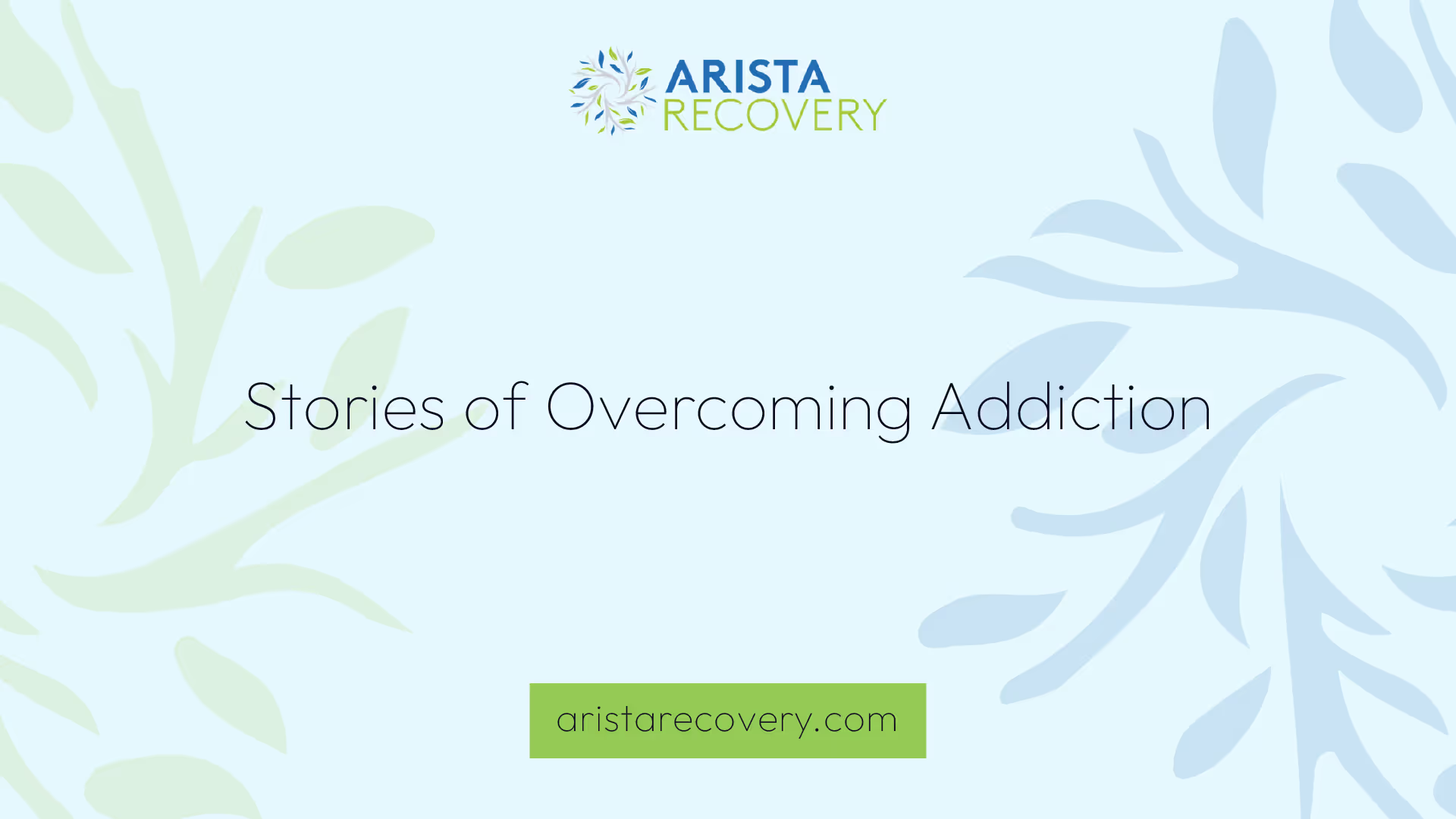Movies Portraying Addiction and the Quest for Redemption


Movies Depicting Addiction Realistically
When it comes to portraying addiction in films, there is a subset of movies that strive to depict the realities of addiction in a raw and unfiltered manner. These realistic addiction films delve deep into the psychological and emotional turmoil experienced by individuals grappling with substance abuse. They challenge preconceived notions and stereotypes surrounding addiction, providing a more accurate representation of the complexities and challenges associated with it [1].
Portrayal of Addiction in Films
Realistic addiction films aim to shed light on the multifaceted nature of addiction. They go beyond superficial portrayals and delve into the internal battles, struggles, and challenges faced by individuals caught in the grips of addiction. By depicting the physical, psychological, and emotional toll of substance abuse, these films provide a more authentic and nuanced depiction of addiction.
These movies often explore the root causes of addiction, the impact on relationships, and the consequences of substance abuse. They showcase the desperation, self-destructive behavior, and moments of clarity that individuals in the throes of addiction experience. By presenting addiction as a complex disease rather than a personal flaw, these films challenge common misconceptions and help break down the stigma associated with addiction.
Impact on Individuals in Recovery
Realistic addiction films not only focus on the individual struggling with substance abuse but also delve into the impact on their relationships. Addiction can have profound effects on family, friends, and romantic partners. These films explore the strain, turmoil, and challenges that arise within these relationships. They depict the breakdown of trust, communication, and emotional connections affected by addiction [1].
By highlighting the ripple effects of addiction, these films provide a broader understanding of the challenges faced by individuals in recovery. They emphasize the importance of support and understanding from loved ones during the recovery journey. Realistic addiction films serve as a reminder that addiction is not an isolated struggle but a condition that affects the entire support network surrounding the individual.
In summary, realistic addiction films play a crucial role in shedding light on the realities of addiction. By portraying addiction in a raw and unfiltered manner, these films challenge misconceptions and stereotypes, fostering empathy and understanding. They provide an opportunity for individuals to gain insight into the complexities of addiction and contribute to a more compassionate and supportive environment for those affected by this disease.

Top Movies for Recovery
When it comes to movies that tackle the theme of addiction and recovery, there are a few standout films that offer valuable lessons and insights. These movies provide a glimpse into the struggles and triumphs of individuals grappling with addiction. Two notable films in this genre are "Trainspotting" and "Beautiful Boy."
Lessons from "Trainspotting"
"Trainspotting" is a critically acclaimed film that delves deep into the lives of a group of heroin addicts in Edinburgh, Scotland. Directed by Danny Boyle, the movie offers a raw and unflinching portrayal of addiction and its consequences. It explores the dark realities of substance abuse, from the initial allure to the devastating effects on relationships, health, and overall well-being.
One of the key lessons that can be gleaned from "Trainspotting" is the destructive power of addiction and the challenges individuals face in breaking free from its grip. The film highlights the cycle of relapse and the difficulty of maintaining sobriety. It serves as a cautionary tale, emphasizing the importance of seeking help and support to overcome addiction.
Journey in "Beautiful Boy"
"Beautiful Boy" is an emotionally charged film that chronicles the journey of a father, played by Steve Carell, as he navigates his son's battle with addiction. Based on a true story, the movie offers a heart-wrenching portrayal of the complexities of addiction, from denial to recovery. It explores the impact of addiction on both the individual struggling with substance abuse and their loved ones.
One of the key takeaways from "Beautiful Boy" is the power of love and perseverance in the face of addiction. The film emphasizes the importance of empathy, understanding, and unwavering support in helping someone on their path to recovery. It sheds light on the challenges faced by families and the need for open communication and compassion throughout the healing process.
By watching films like "Trainspotting" and "Beautiful Boy," individuals in recovery can gain valuable insights and perspectives on addiction. These movies offer a glimpse into the struggles, victories, and complexities of the recovery journey. It's important to remember that these films provide fictionalized accounts and may not reflect every individual's experience with addiction. For personalized guidance and support, it is recommended to consult professionals or seek out addiction treatment centers that can offer personalized assistance tailored to specific needs.

Stories of Overcoming Addiction
Realistic portrayals of addiction and recovery in movies and TV shows can provide valuable insights and inspiration for those struggling with addiction. Two notable examples of such stories are "Euphoria" and the portrayal of Sherlock Holmes in the series "Elementary."
"Euphoria" and Realism
"Euphoria" is an American teen drama series that tackles sensitive and heavy topics, including addiction, drug use, relapse, sexual trauma, self-harm, and domestic violence [2]. The show offers a realistic portrayal of addiction and recovery, highlighting the challenges and complexities individuals may face on their journey to sobriety.
Through its honest and raw storytelling, "Euphoria" sheds light on the various factors that can contribute to addiction and the impact it has on individuals, their relationships, and their mental health. By exploring the characters' struggles, setbacks, and moments of growth, the series provides a nuanced understanding of the recovery process.
Sherlock Holmes in Recovery
In the series "Elementary," a modern reimagining of the classic Sherlock Holmes stories, the iconic detective is depicted as a person in addiction recovery. Sherlock Holmes actively participates in a 12-step program and navigates the challenges of maintaining sobriety while solving complex mysteries [2].
Sherlock Holmes' portrayal in "Elementary" showcases the reality of addiction recovery, emphasizing the importance of support systems, therapy, and personal growth. The series highlights the ongoing nature of recovery, as Sherlock Holmes continually works on maintaining his sobriety and addressing the underlying issues that contributed to his addiction.
These stories of overcoming addiction, such as "Euphoria" and the portrayal of Sherlock Holmes in "Elementary," provide valuable insights into the struggles and triumphs individuals may experience on their path to recovery. By exploring these narratives, viewers can gain a better understanding of addiction and find inspiration and hope in the stories of those who have successfully navigated the challenges of addiction and emerged stronger on the other side.
Films Highlighting Recovery Journey
When it comes to exploring the journey of recovery from addiction, films can provide valuable insights and inspiration. Two notable movies that shed light on the struggles and triumphs of individuals in recovery are "Memory" (2023) and "Flight" (2012).
"Memory" (2023)
"Memory," set to release in 2023, delves into the life of a person in recovery from alcohol addiction. This film offers a realistic portrayal of the ongoing struggle individuals face in maintaining sobriety [2]. By highlighting the challenges and complexities involved in the recovery journey, "Memory" serves as a reminder that recovery is a continuous process that requires dedication, support, and resilience.
Lessons from "Flight" (2012)
"Flight" (2012) is a powerful film that explores the life of an airline pilot grappling with alcohol and substance abuse. The movie delves into the consequences of addiction and the impact it has on the individual and their loved ones. The protagonist's journey towards recovery is portrayed with authenticity and offers valuable lessons about the challenges and triumphs of overcoming addiction [3].
These films, along with others like "Clean and Sober" (1988), "My Name is Bill W" (TV Movie 1989), and "Rush" (1991), provide viewers with a glimpse into the realities of addiction and the journey towards recovery. By showcasing authentic and relatable stories, these films educate, raise awareness, and foster empathy and understanding for individuals struggling with addiction.
Exploring the portrayal of addiction and recovery in movies can be a powerful tool for education and inspiration. As you watch these films, reflect on the strength and resilience of the characters and the challenges they overcome. Remember that recovery is a personal journey, and with the right support and determination, individuals can find hope, healing, and redemption.
Educational Role of Addiction Films
Realistic films about addiction play a crucial role in raising awareness, breaking myths and misconceptions, fostering empathy, and promoting understanding of substance use disorders. These films provide a platform for dialogue and help dispel the stigma associated with addiction. By presenting authentic storytelling, they offer viewers a glimpse into the struggles faced by individuals dealing with addiction and the impact it has on their lives and relationships.
Breaking Myths and Misconceptions
One of the significant contributions of addiction films is the ability to break down myths and misconceptions surrounding substance use disorders. They challenge the notion that addiction is solely a moral failing and highlight the fact that it is a complex disease that affects all aspects of an individual's life. By portraying the realities of addiction, these films help debunk common misconceptions and promote a more informed understanding of the challenges faced by individuals battling addiction.
Fostering Empathy and Understanding
Authentic storytelling in addiction films serves as a powerful tool in fostering empathy and understanding among viewers. By providing a raw and unfiltered depiction of the struggles faced by individuals dealing with addiction, these films evoke emotions and create a sense of connection. They showcase the devastating consequences of substance abuse on individuals, families, and communities, helping viewers develop compassion and empathy towards those affected by addiction.
Furthermore, addiction films spark conversations and encourage dialogue about substance abuse. They provide a platform for individuals to discuss their own experiences, seek support, and learn from one another. These conversations can lead to increased awareness, improved understanding, and ultimately, a more supportive and compassionate society.
By breaking down myths, fostering empathy, and promoting understanding, addiction films have the potential to contribute to positive change. They hold the power to influence individuals by immersing them in the experiences of the characters and sparking a desire for personal growth and recovery.
To explore other addiction-related terms and resources, check out our article on common addiction terms. Additionally, if you're interested in tips on managing the effects of substance use, our article on how to get rid of alcohol breath provides helpful information.
References
[2]:
[3]:
[4]:
You’re not alone in this.
When mental health challenges and addiction intersect, it can feel isolating. At Arista, we offer compassionate, evidence-based, and trauma-informed care to help you heal, grow, and move forward.
You’re not alone in this.
When mental health challenges and addiction intersect, it can feel isolating. At Arista, we offer compassionate, evidence-based, and trauma-informed care to help you heal, grow, and move forward.
Support that moves with you.
You’ve taken a brave first step. At Arista Recovery, we’re here to help you continue with best-in-class care designed for long-term healing and support.
.webp)






